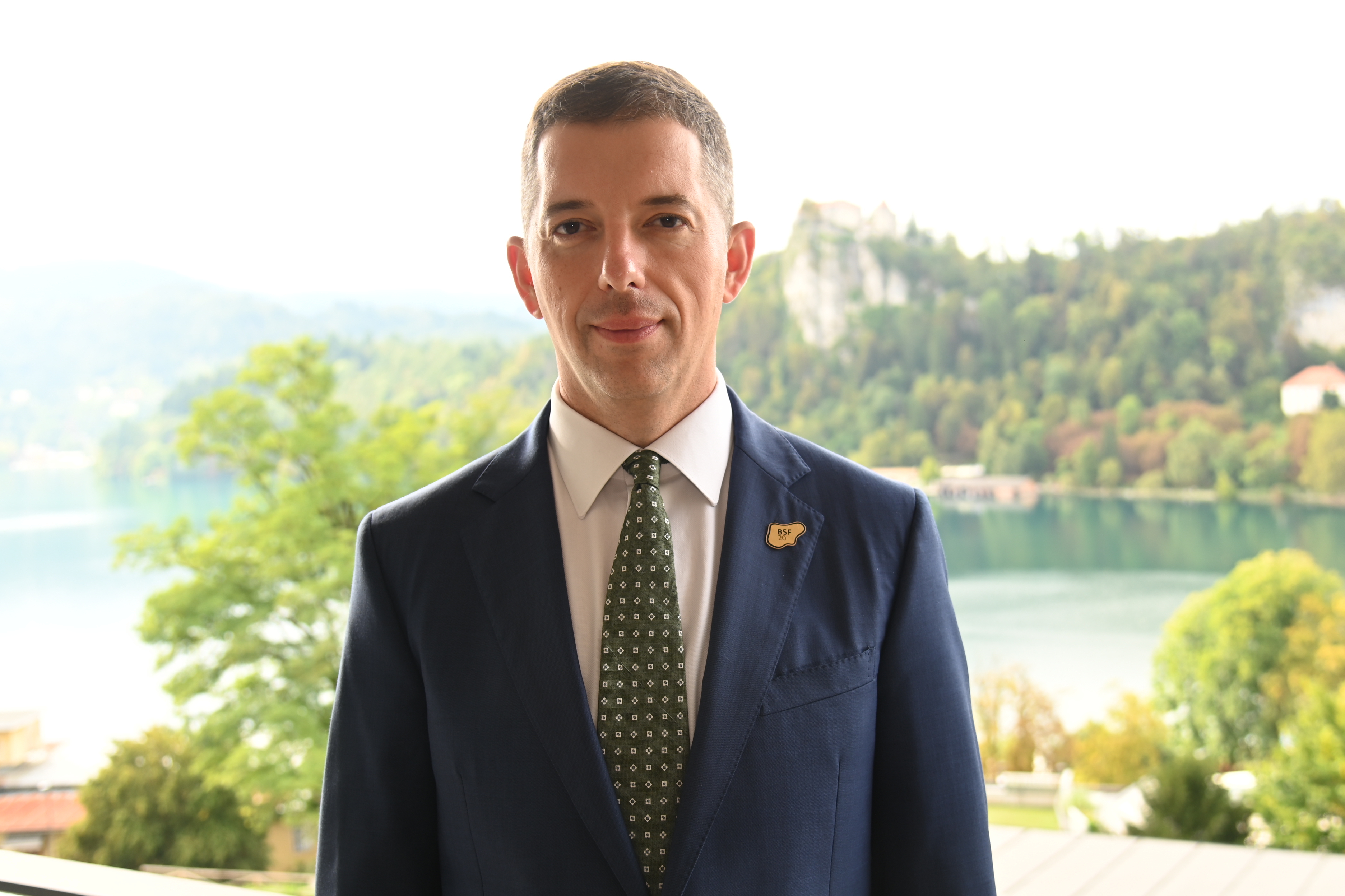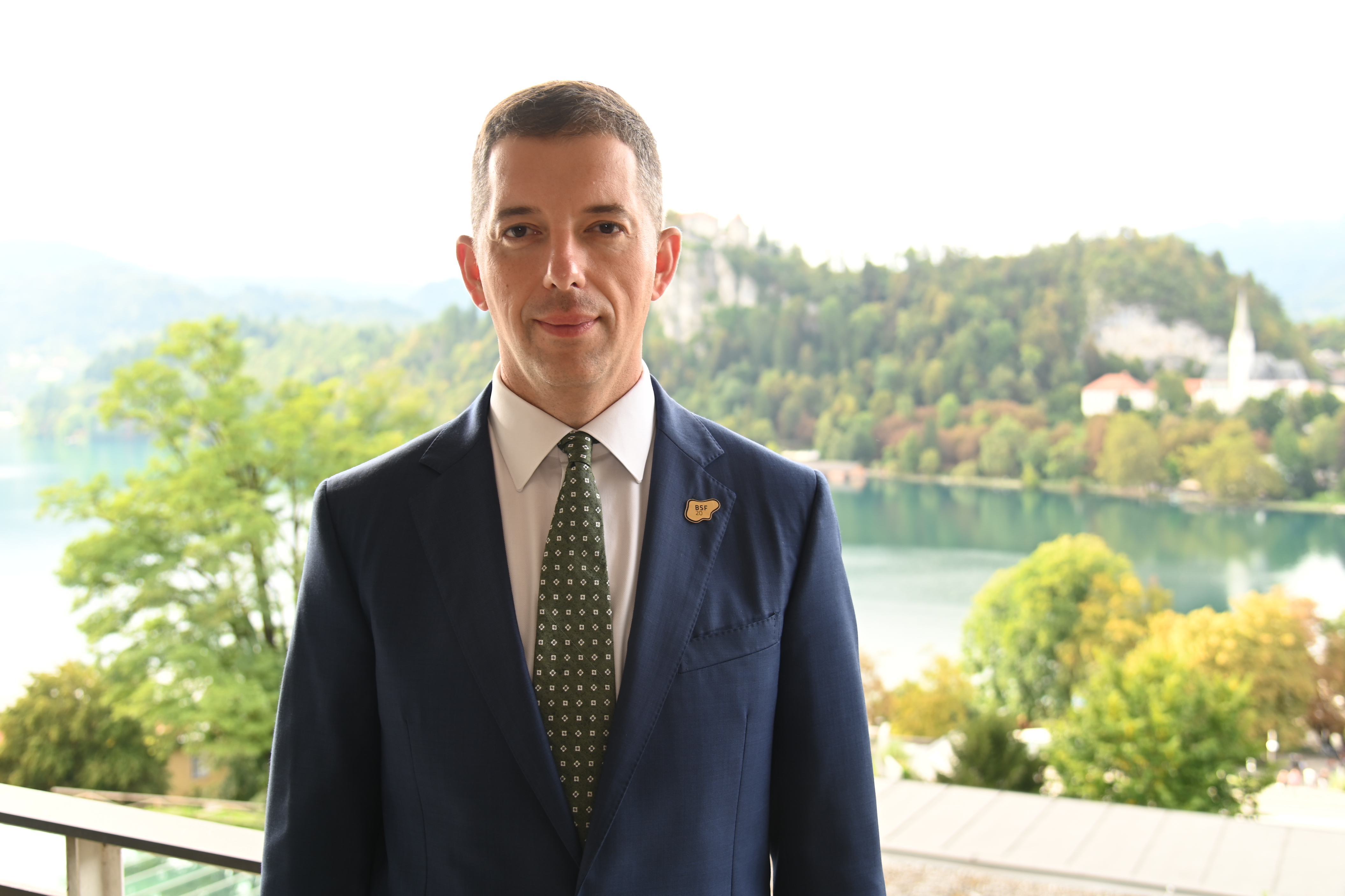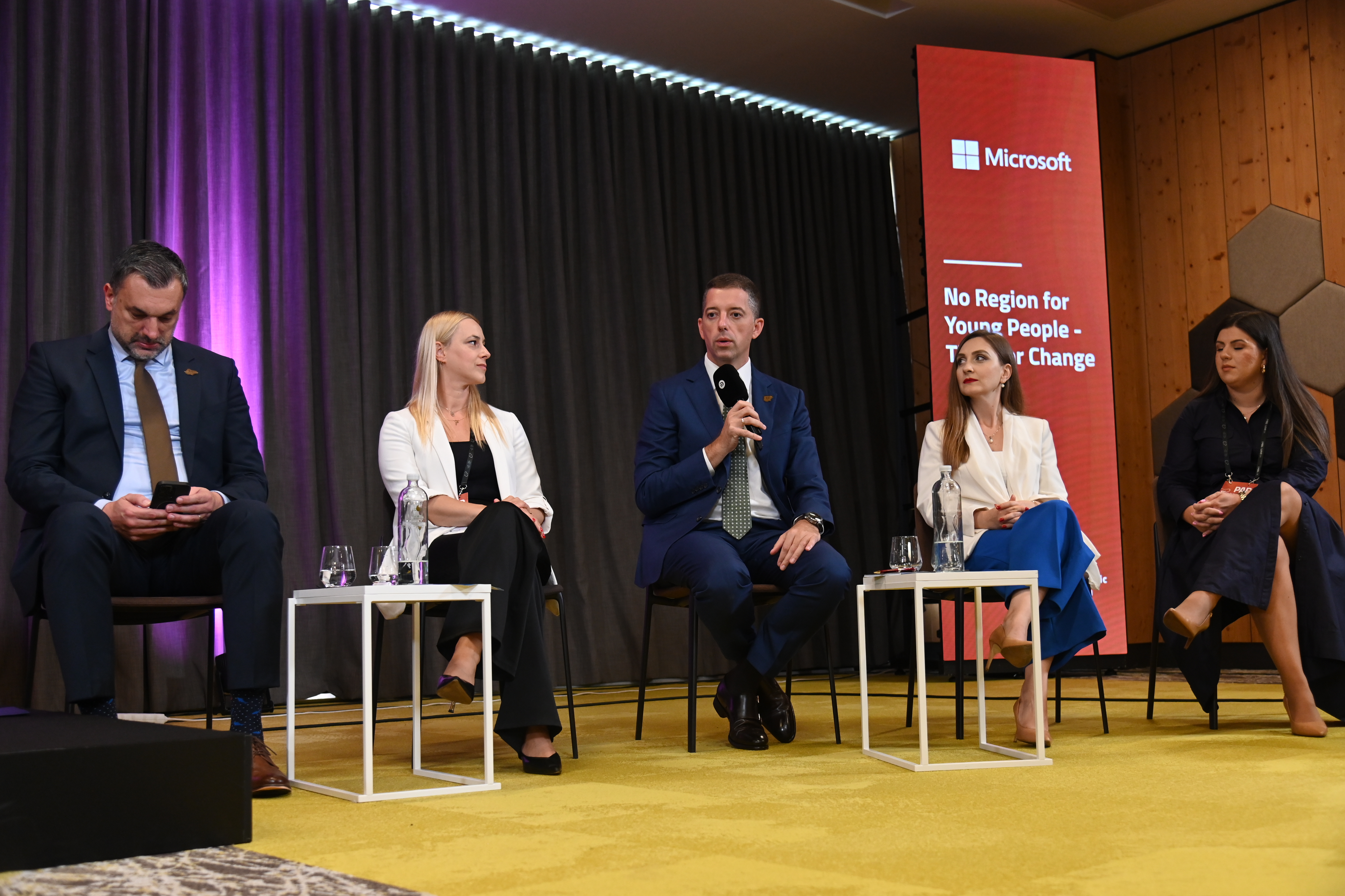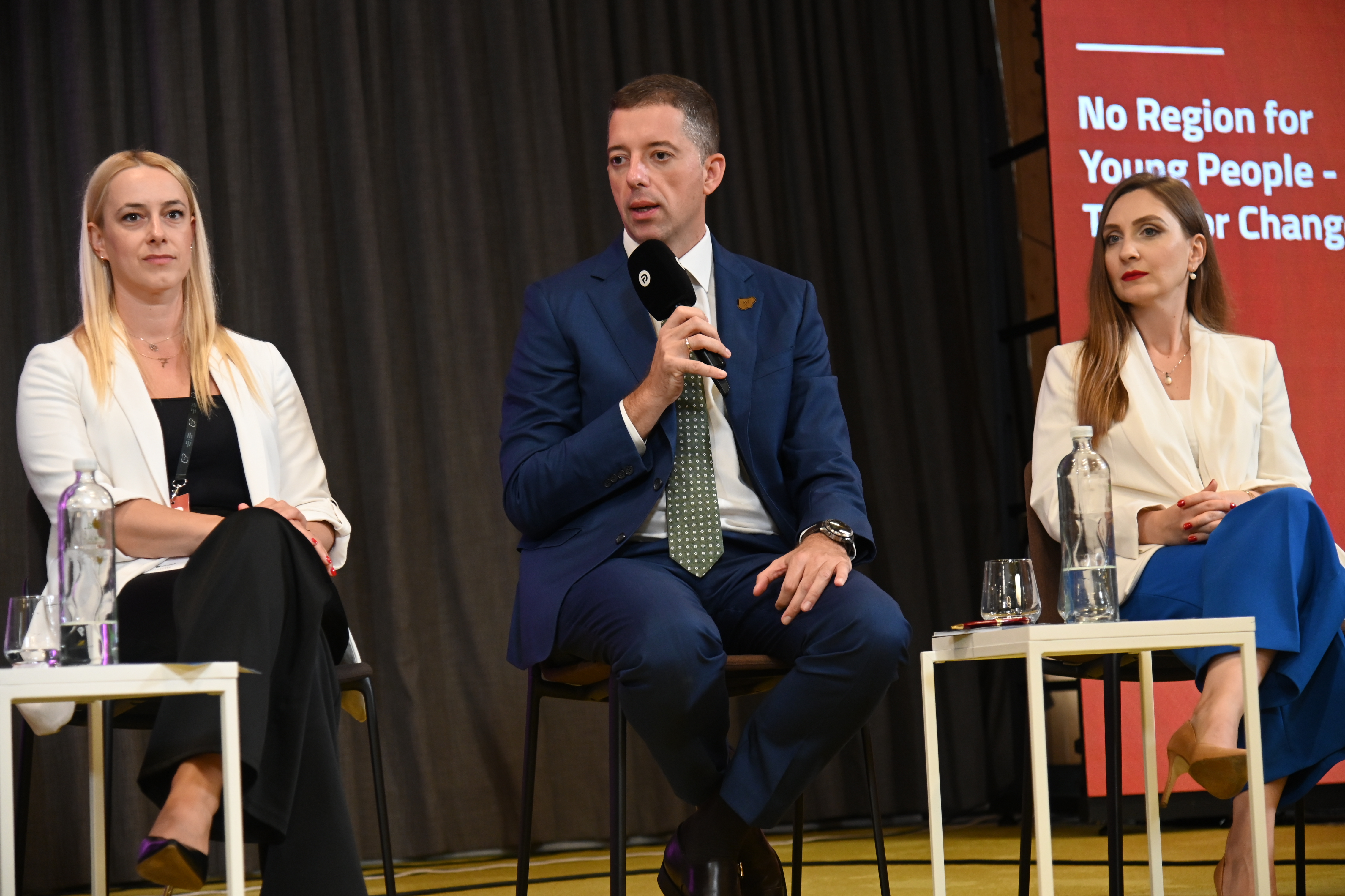Đurić: Serbia will remain committed to external and internal dialogue
“I took part in a panel whose central theme was how young people can contribute to the transformation of the region and how European integration impacts whether they remain in or leave our region. This is not a simple subject for us at this moment, as you may imagine, but my message was clear: in Serbia we are fighting to create greater economic and social mobility for young people. At the same time, it is essential that Europe, in parallel with the reforms we are implementing, embraces Serbia and the Balkan region into its membership as equal partners,” Minister Đurić underlined.
The Serbian Foreign Minister pointed out that unless Europe consolidates its core and decision-making mechanisms, and unless the Balkans are fully integrated, a unique opportunity will be lost for a region with the capacity to be a driver of the most significant economic growth in Europe to become an integral part of the European project.
“For our region, this would certainly not be a good outcome. Equally, Europe is at a crossroads: it can either continue consolidating its internal structures and provide space for countries such as Serbia—which, in the past ten years, has more than doubled its GDP—or it risks becoming a kind of theme park, a place where people gladly come as tourists to see old architecture and enjoy good food, but with limited potential for scientific, creative, intellectual, economic, and overall development,” the Minister stressed.
Minister Đurić emphasized that the Forum was also an opportunity to send a message to young people that there are no shortcuts to building a strong institutional framework.
“It is important that we do not leave space for political forces that wish to manipulate the energy of youth for their own selfish political aims, as has unfortunately been the case in the recent period. At the same time, in the meetings held on the margins of this Bled Strategic Dialogue, we spoke very openly about the position of Serbs in Kosovo and Metohija, about the developments of recent days regarding the Serb List, and about the difficult conditions faced by Serbs whose children are starting the school year there,” he said.
Addressing the Forum panel, Đurić also drew attention to an incident in which pupils were treated in an unacceptable manner by the police simply because they were wearing Red Star Belgrade jerseys.
“I used this as an example of what Serbs are facing in many places in Kosovo and Metohija at the beginning of the school year, in the context of youth. While many others prefer to discuss politics and young people in a different context, I wanted to highlight that Serbian students in Kosovska Mitrovica do not have their diplomas recognized in Priština on equal terms with citizens of other nationalities, and this is an issue that must be addressed,” Đurić explained.
Reflecting on the messages from this year’s Forum, Đurić noted that some guests and participants, both in statements and in panels, spoke extensively about Serbia—even in discussions where Serbian representatives were neither invited nor expected to participate.
“I believe the best way forward is for us to treat one another with respect, and for each to first put their own house in order before pointing to flaws in others. Younger generations in the Balkans expect us to build a much more responsible and significantly better form of cooperation. Serbia will continue to be a country committed to both external and internal dialogue, a country that will safeguard stability, and a country that will remain on the course chosen by its people through their legitimate representatives—a course that President Vučić has managed to materialize for all of us over the past decade, more than doubling GDP, as I mentioned. Serbia will continue to be a driving force of growth and development in the Balkans,” concluded Minister of Foreign Affairs Marko Đurić.







